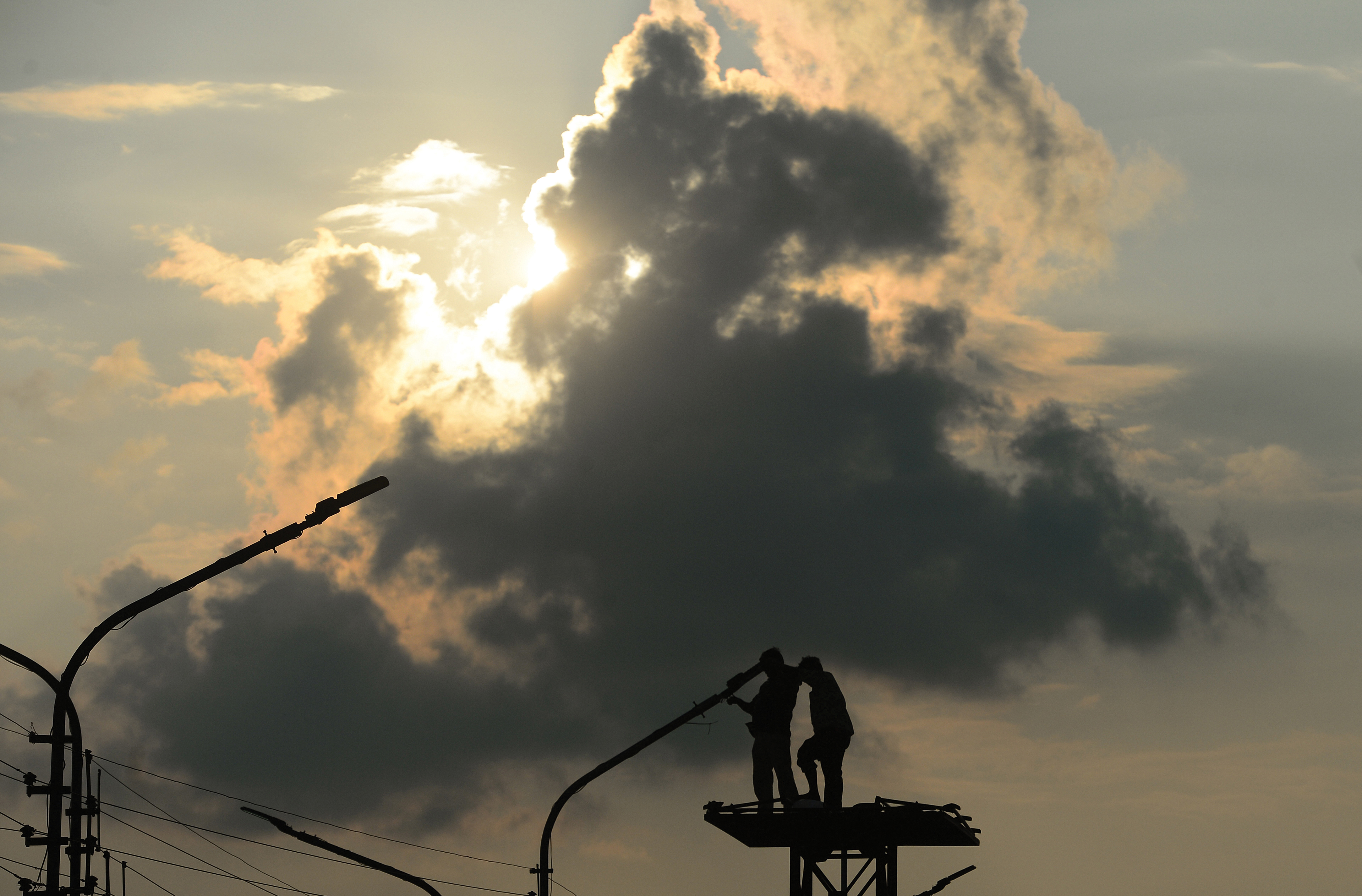
The Delhi government plans to install over 90,000 smart street lights on roads maintained by the Public Works Department (PWD).
Chief Minister Arvind Kejriwal has granted approval to the smart street light policy, emphasising the need for a robust central monitoring system to ensure uninterrupted functioning and create a sense of safety among citizens, especially women.
To ensure the seamless functioning of these smart street lights, Kejriwal emphasized the need for a robust central monitoring system. A control room will promptly receive alerts in case of any faults, enabling immediate replacement measures. The chief minister’s office issued a statement highlighting the government’s commitment to strengthening women’s security and underlining the pivotal role of smart street lights in achieving this objective.
During a high-level meeting at the Delhi secretariat, PWD Minister Atishi presented the proposal to install 90,953 smart street lights to the chief minister. PWD officials provided an overview of the project, noting the outdated technology in existing street lights, which resulted in difficulties in procuring spare parts and led to excessive energy consumption. Manual monitoring also hampered the prompt resolution of complaints due to the absence of real-time monitoring.
The implementation of the smart street light scheme is part of the Delhi government’s broader efforts to combat the rising number of crimes against women. By adopting the Energy Service Company (ESCO) model, the government aims to centralize control over smart lights. This approach will enable the control room to swiftly identify and rectify any faulty lights. Additionally, the scheme seeks to address the issue of lights remaining illuminated during the day, leading to unnecessary electricity wastage.
Under the ESCO model, the PWD anticipates a 50% reduction in electricity bills. The savings from reduced electricity costs and maintenance expenses will be shared with the concessionaire. As part of the plan, 59,572 traditional lights will be replaced with smart LED lights, while 31,381 existing LED lights will be converted into smart street lights, bringing the total count to 90,953. The ESCO agency will bear the maintenance costs for a period of seven years. (With inputs from PTI)
Delhi Police arrest three in Rs 17 lakh online stock market fraud; woman under investigation
Delhi lifts dry day restrictions for Holi; liquor shops to stay open across the city
With Iran engulfed in a rapidly intensifying war and civilian casualties mounting, families in Delhi…
Delhi govt to revamp 300 km of drains in 2026-27 under new master plan, aiming…
Sweeping crackdown targets habitual offenders, bootleggers and drug peddlers before Holi
Delhi ramps up security with 15,000 police on alert; focus on drunken driving, rash riding…